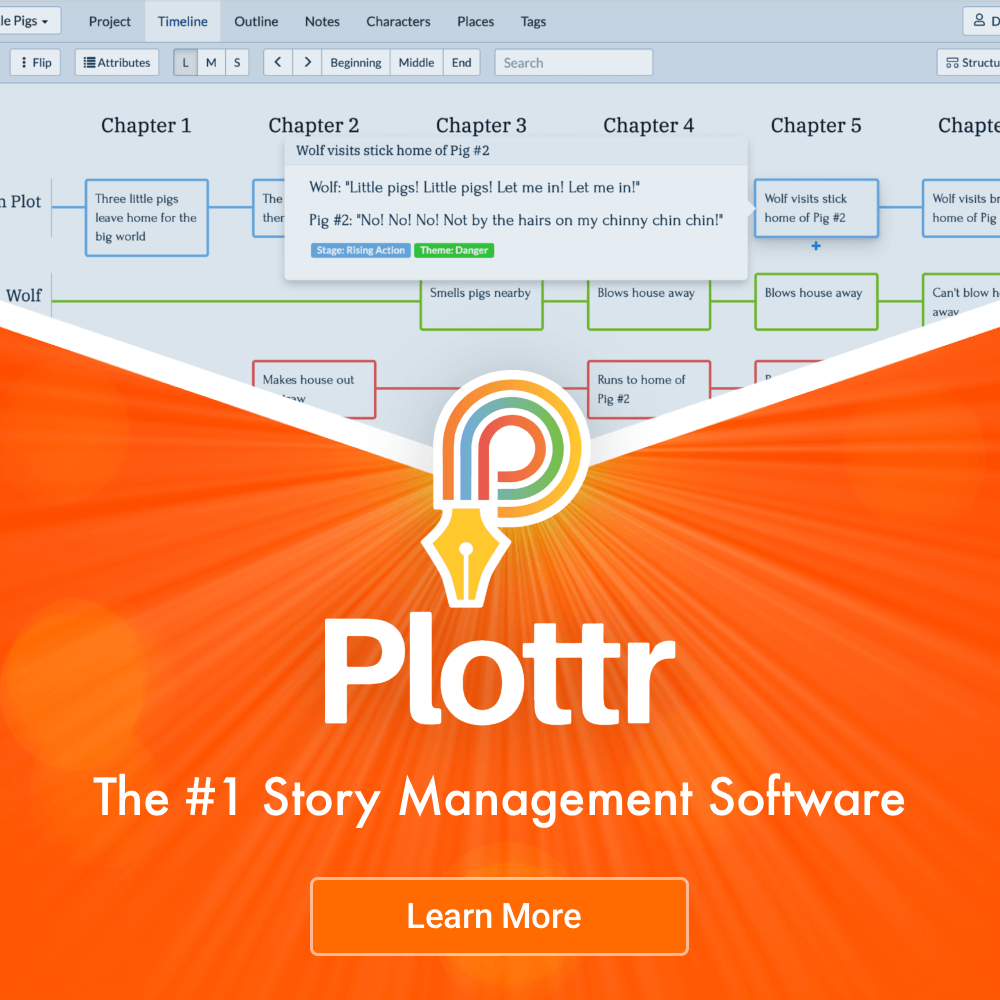By Sian Toop.
Artificial Intelligence or AI, is part of our every day lives. From Siri on our phones or Alexa in our homes – AI is slowly transforming our lives. But the use of AI-technology has recently made the headlines in the writing world for all the wrong reasons.
‘Side hustle experts’ across social media platforms have been discussing the ways in which using AI-technology can be utilised to make money; one of which being using AI-generated literature to make passive income.
Science fiction and fantasy magazine, Clarkesworld, recently had to close it’s ‘always open’ submission window as the publication was flooded with AI-generated short stories.
Known as one of the most prominent publications of science fiction short stories, Clarkesworld has published writers including Catherynne Valente, Jeff VanderMeer and Peter Watts. The magazine is also one of the few paying publishers to accept submissions from new writers, leading Editor-in-Chief Neil Clarke, to believe that is the reason they have been targeted.
In a blogpost, Clarke wrote that since the beginning of the pandemic, he noticed a rise in plagiarised submissions, which he stated was an honest interest in being published, but not in having to do the actual work. These submissions, on average, totalled around 10 per month. Yet, from the start of 2023, the magazine has seen a surge of submissions authored by AI-technology language models such as ChatGPT. Clarke writes that in January the magazine rejected 100 submissions ‘written’ by AI, with the number increasing to more than 500 in February, resulting in the magazine being forced to ban these ‘authors’ and to close its open submissions.
Clarke discusses that he reached out to other editors to discover if their magazinewas the only one invaded by AI-authored submissions, but unfortunately, many magazines are facing the same problem. Clarke writes:
‘It does appear to be hitting higher-profile “always open” markets much harder than those with limited submission windows or lower pay rates. This isn’t terribly surprising since the websites and channels that promote “write for money” schemes tend to focus more attention on “always open” markets with higher per-word rates.’
While submissions to Clarkesworld are currently closed, they will reopen. However, Clarke is still uncertain on how to deter those using AI-technology in an attempt to ‘get-rich-quick’ and is reluctant to implement pay-to-submit.
Additionally, Amazon has recently seen an influx of AI generated eBooks, with close to 300 books being listed on site with ChatGPT as an author or co-author as of February 2023. However, many fail to disclose the use of AI-technology, so it is impossible to know the exact figure.
Illustrated children’s books seen to be the favourite with first time ‘authors’. This appears to be a result of hundreds of tutorials on how to create these books appearing on Youtube and TikTok. Yet, other eBook topics include diet advice, recipes and self help books.
Amazon has failed to address whether it has plans to review or change its Kindle store policies around the use of AI or other automated writing tools to author a book.
In an already overcrowded industry – how does the rise of AI-technology in the writing world, affect writers? Well, there is the danger that as a result of the promotion of AI by ‘side hustle experts’, writing will be no longer seen as a craft, but as a commodity. Writing sectors such as ghostwriting, proofreading or editing may begin to suffer if clients decide it is cheaper to utilise AI, despite the lack of presicion the technology currently offers.
For short story writers, such as myself, who regularly submit to magazines similar to Clarkesworld, the possible increase in pay-to-submit may deter writers from submitting their work. Anyone who has forged a career as a writer, knows that money is always tight and not every story submitted is accepted first time. For example, three rounds of submissions at £10 each soon adds up and we may begin to see less writers submit to magazines purely due to the financial ramifications of implementing a pay-to-submit system.
Finally, for writers who favour self-publishing, Amazon is a key but crowded marketplace in which to sell your book. With the danger that the sight will become flooded with AI-technology authored books, is it time for the platform to review its policies on texts authored by AI?







